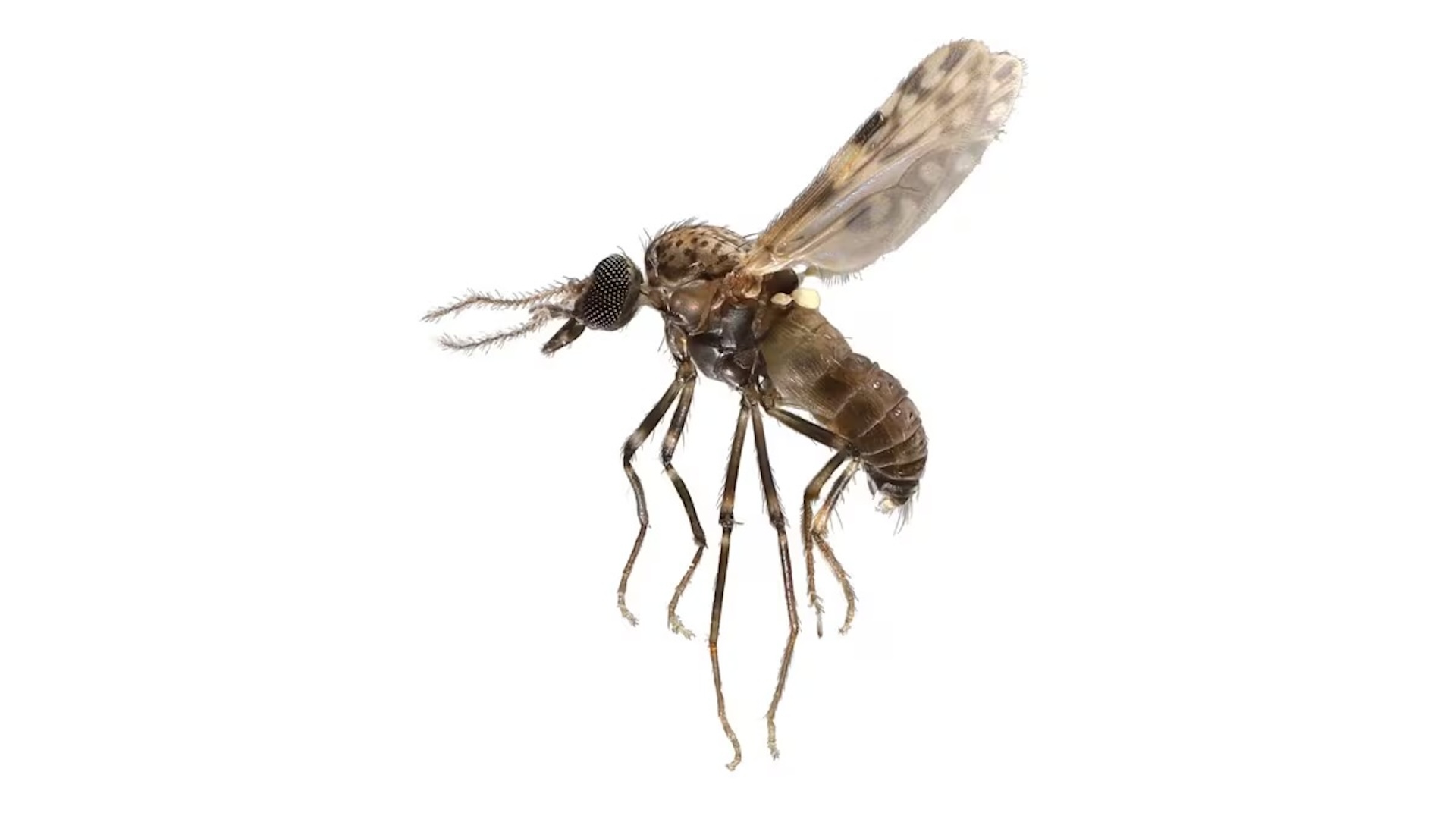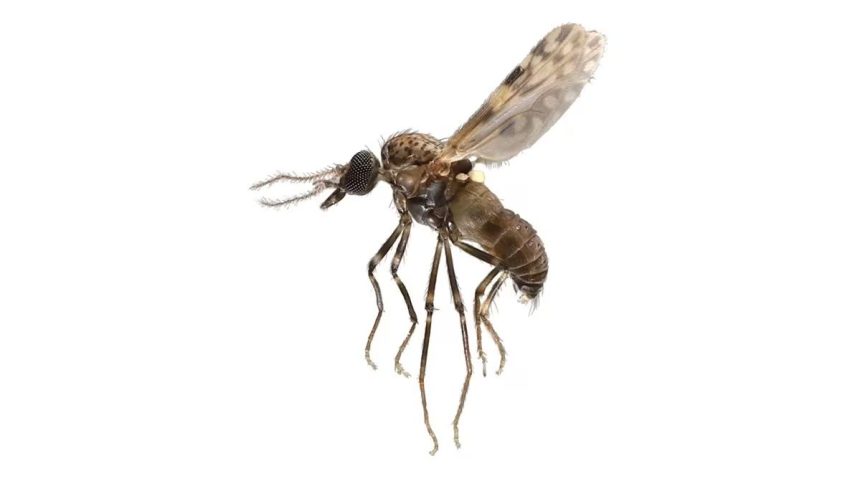Understanding the Oropouche Virus: A New Global Health Concern

An Overview of the Oropouche Virus
The Oropouche virus, often referred to in media as the “sloth virus,” has been identified in individuals traveling from South America to Europe. This unusual designation arises from its transmission vector, which includes certain species of sloths. However, it’s essential to clarify that this moniker might lead to confusion regarding its origins and modes of spread.
Recent Developments in Europe
Health authorities across various European nations have recently reported cases linked to this virus among travelers returning from regions where it is more commonly found. As awareness grows about zoonotic viruses—those transmitted between animals and humans—the importance of monitoring such pathogens becomes increasingly critical.
The Transmission Pathway: How Is It Spread?
The primary vectors for the Oropouche virus are mosquitoes found predominantly in tropical environments. While it is endemic in specific areas of Central and South America, instances of infected travelers highlight the potential for wider distribution due to global travel patterns.
Current Statistics on Infection Rates
According to recent health reports, cases have surged by an alarming 40% compared to the previous year in affected regions. Continuous tracking is vital as climatic changes may facilitate shifts in mosquito habitats, potentially expanding the range where humans could encounter this pathogen.
Potential Health Risks Associated with Infection
Symptoms linked with the Oropouche virus often resemble those associated with other viral infections such as dengue fever or zika virus disease. These can include fever, joint pain, headache, and fatigue—making diagnosis a challenge without appropriate testing.
A Practical Approach Towards Prevention
To mitigate risks during travel, health officials advise individuals planning trips to endemic areas take preventive measures such as utilizing mosquito repellents containing DEET or wearing protective clothing dedicated against insect bites.
Learn more about recent findings regarding the Oropouche virus here.
A Call for Awareness and Preparedness
This emerging public health issue emphasizes how interconnected our world has become through globalization. Understanding pathogens like the Oropouche virus is crucial not only for individual safety but also for collective health strategies worldwide.






